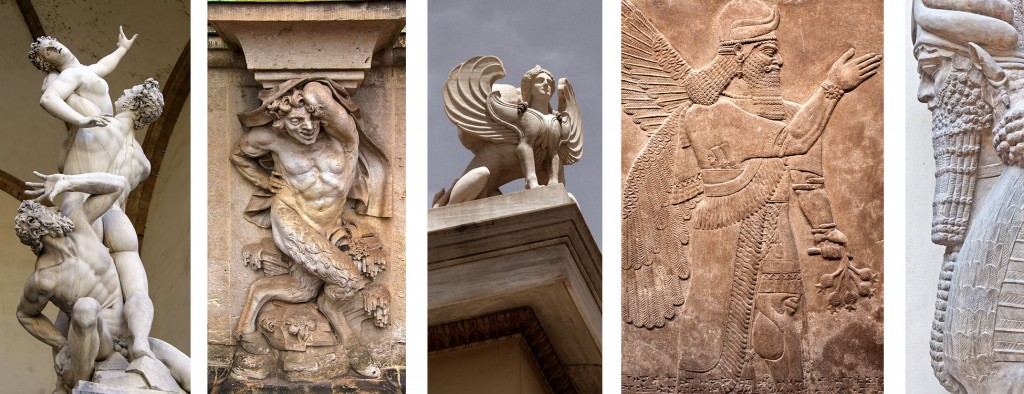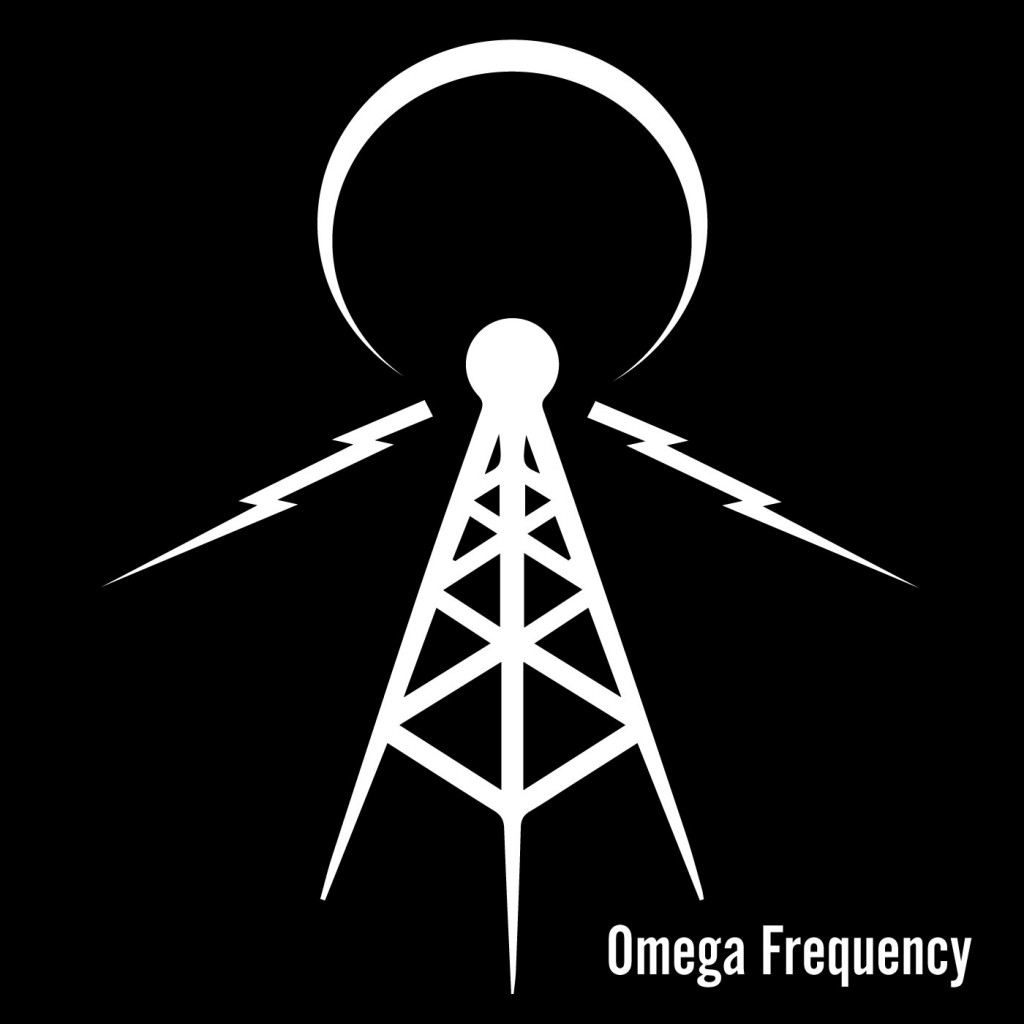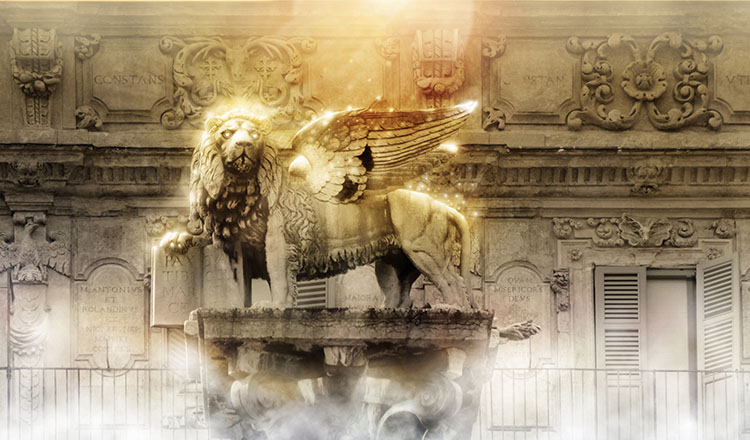
In the last post, I looked at the most famous Biblical genealogy of Jesus Christ to prove that the Biblical notion of history is always very literary, but not always very literal. We must understand the Bible in its own ancient Near Eastern context, in the perspective of the original writers and readers to whom the text was given.
I believe that the Bible is God’s Word and as such, it is breathed out of God through the writings of men inspired by the Holy Spirit. So, while the Biblical writers are very human and therefore very much creatures of their time and culture, there is also another author who is operating providentially behind the writing of the text to communicate transcendent truth, and that is the author and finisher of our faith, God Himself.
How He actually does this, I am not sure, but the divine authorship does not reduce the human authorship to dictation or automatic writing. God uses the genre conventions and mindset of the ancient time period within which to communicate His transcendent truth. Continue reading →




